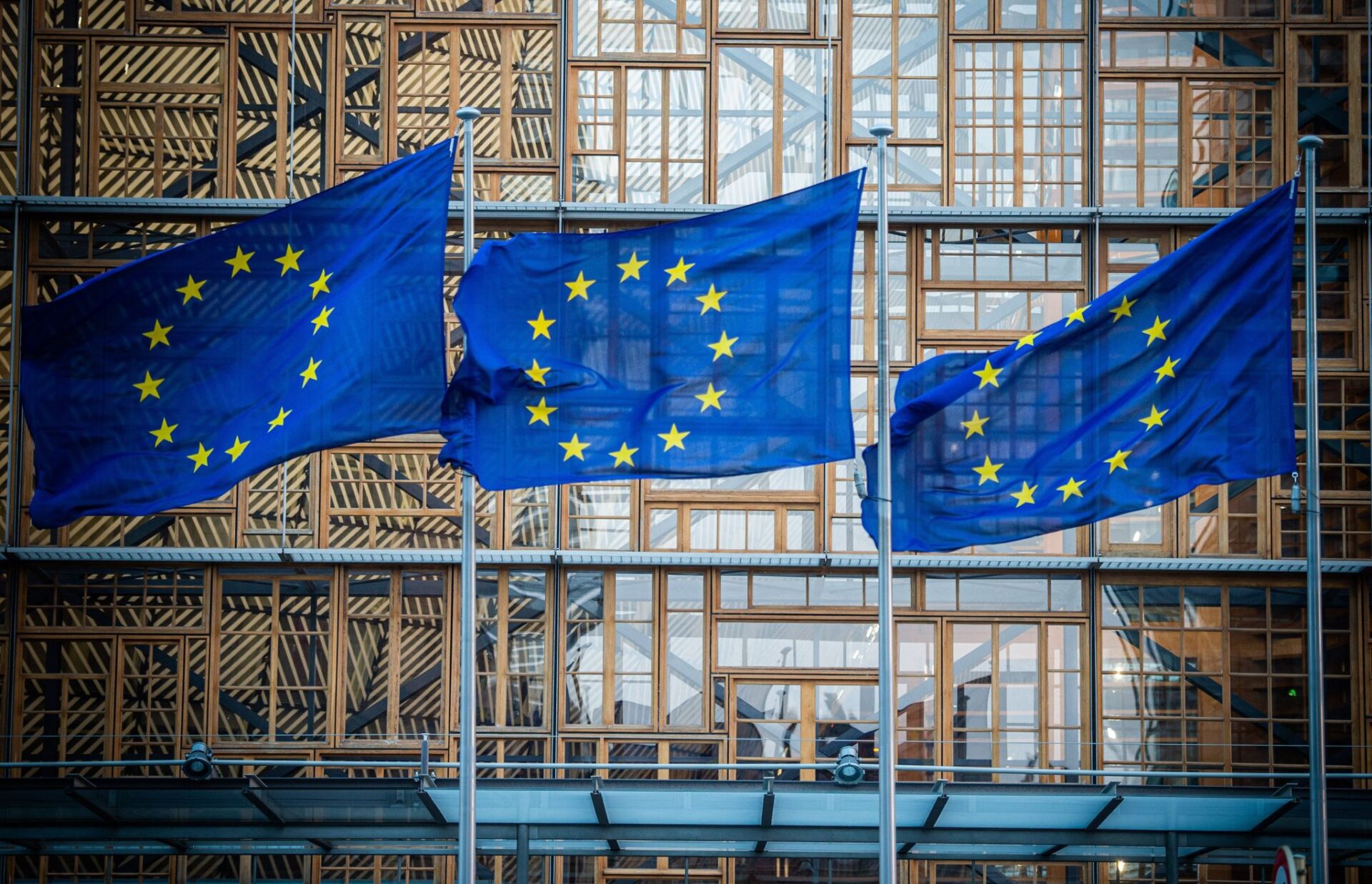
Today, the European Commission unveiled an action plan featuring immediate measures aimed at lowering energy costs for both households and industries, completing the Energy Union, attracting investments, and enhancing preparedness for potential energy crises.
Thanks to the EU’s internal energy market, consumers are already saving approximately €34 billion each year. The Commission’s new action plan projects that households and industries grappling with high production costs could save around €45 billion by 2025, with savings potentially rising to €130 billion annually by 2030 and €260 billion by 2040.
President Ursula von der Leyen commented: “We are working to reduce energy prices and enhance competitiveness. We’ve already made significant strides in lowering energy prices in Europe by doubling our renewable energy sources. This new action plan is another step forward toward achieving affordable energy as part of our clean industry agreement. By doing so, we aim to create more predictable pricing, improve connections throughout Europe, and enhance energy absorption. We will systematically eliminate any remaining barriers to building a true Energy Union.”
IMMEDIATE RELIEF FOR CONSUMERS WHILE COMPLETING THE ENERGY UNION
To make electricity more affordable, the Commission will evaluate all three components of energy bills: network and system costs, taxes and charges, and supply costs. It will recommend that member states reduce national electricity taxes and offer consumers simplified access to switch suppliers for better energy deals, among other measures. The Commission also plans to further promote long-term supply contracts, in line with existing EU electricity legislation, to help decouple retail bills from high and volatile gas prices. To address the network fee portion of energy bills, it will propose a method that ensures network fees accurately reflect energy system costs, incentivizing more efficient usage.
In tandem with initiatives to promote renewable energy, the Commission aims to deliver substantial benefits to consumers by encouraging the wider adoption of energy efficiency solutions, which could result in savings of up to €162 billion annually by 2030. A new EU guarantees system, developed in partnership with the European Investment Bank, will reduce investment risks in energy efficiency services and enhance access to more energy-efficient appliances and durable products.
The current gas prices in the EU are excessively high, impacting the competitiveness of European industries. To ensure fair competition, the Commission will enhance monitoring of the EU gas markets, collaborating with the Agency for the Cooperation of Energy Regulators (ACER), the European Securities and Markets Authority (ESMA), and national regulatory authorities. Additionally, the Commission will engage with reputable LNG suppliers to explore more cost-effective imports and will utilize the Union’s purchasing power to pool demand from EU businesses.
The Commission emphasizes that more integrated, functional, and decarbonized energy markets serve as the best defense against price volatility. To that end, the Commission is committed to completing the Energy Union through increased interconnections, a robust network, and cross-border transactions. It will also introduce a range of initiatives aimed at boosting electrification and decarbonizing the heating and cooling sectors, mobilizing private investment, and further digitizing the energy system.
ENHANCED PREPAREDNESS FOR POTENTIAL CRISES
Ensuring supply security is vital for maintaining stable prices. The Commission plans to update the EU’s energy security framework to tackle new threats, including cyberattacks, sabotage of critical infrastructure, and risks associated with import dependency. Additionally, it will improve readiness for potential price crises by providing guidelines to member states on how to incentivize consumers to reduce usage during peak periods and maintain manageable energy bills. (26/2/2025)




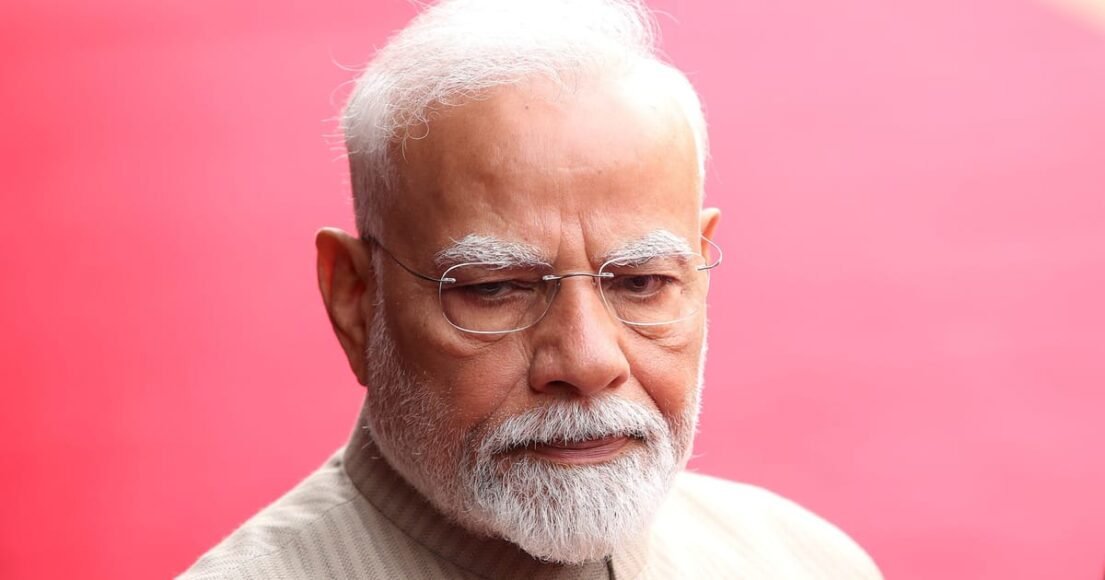
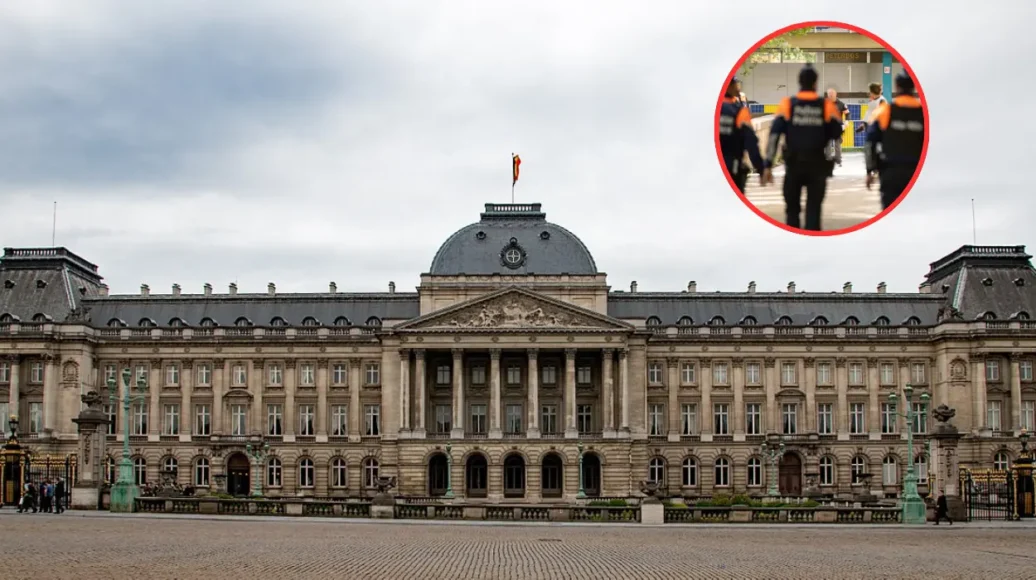

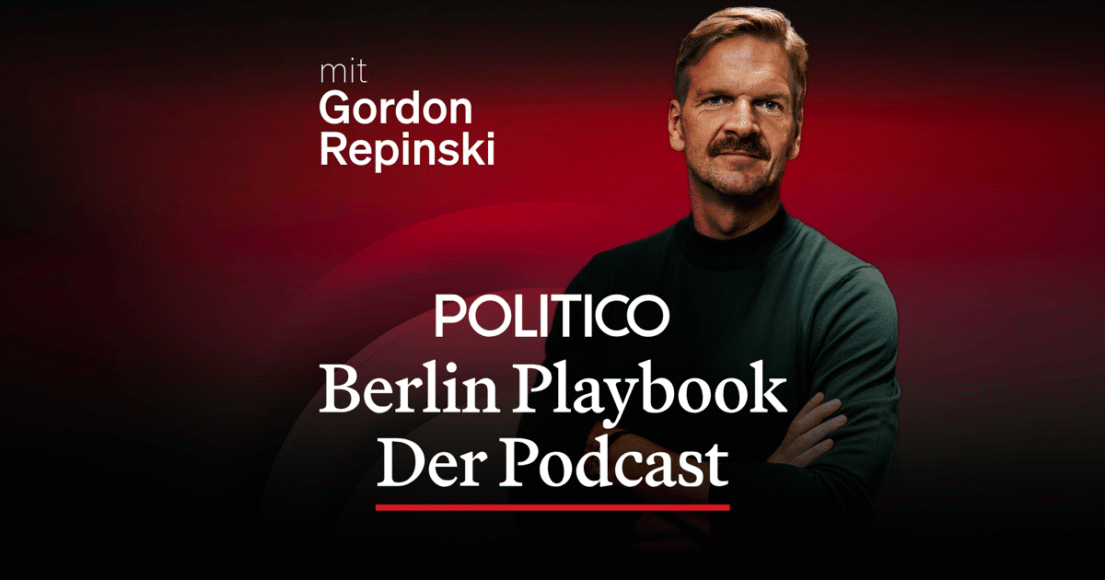
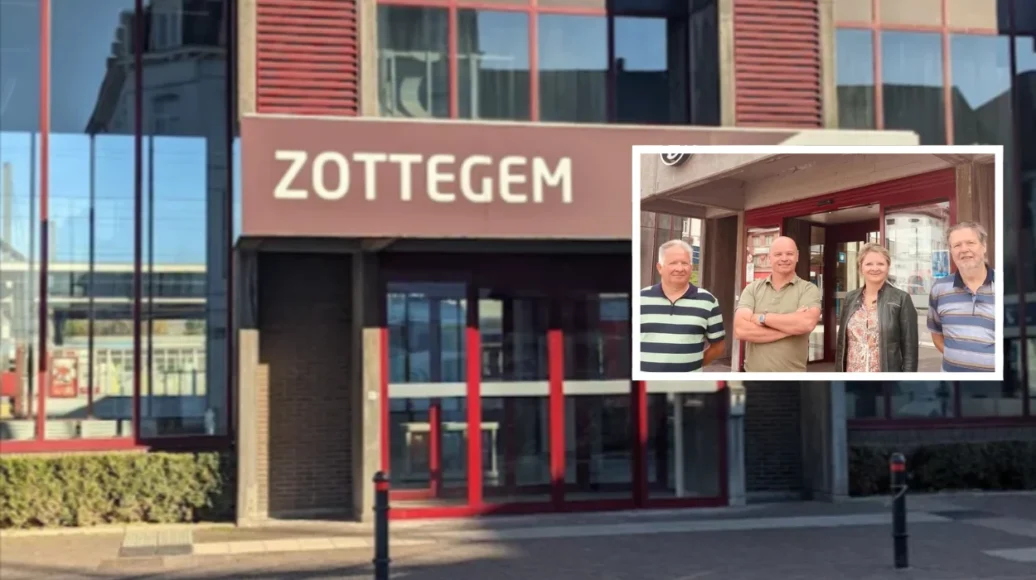

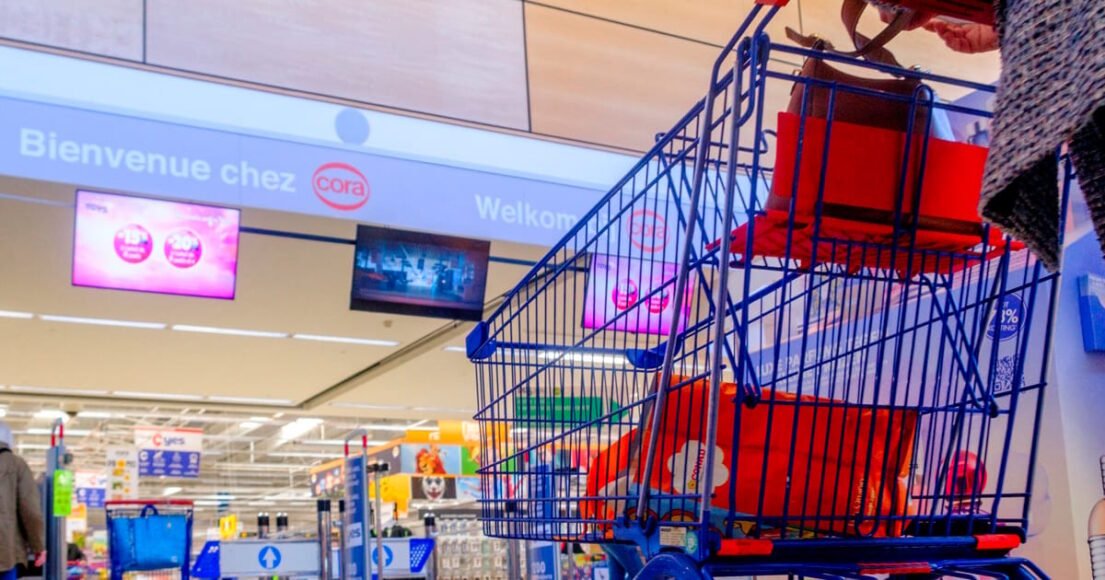
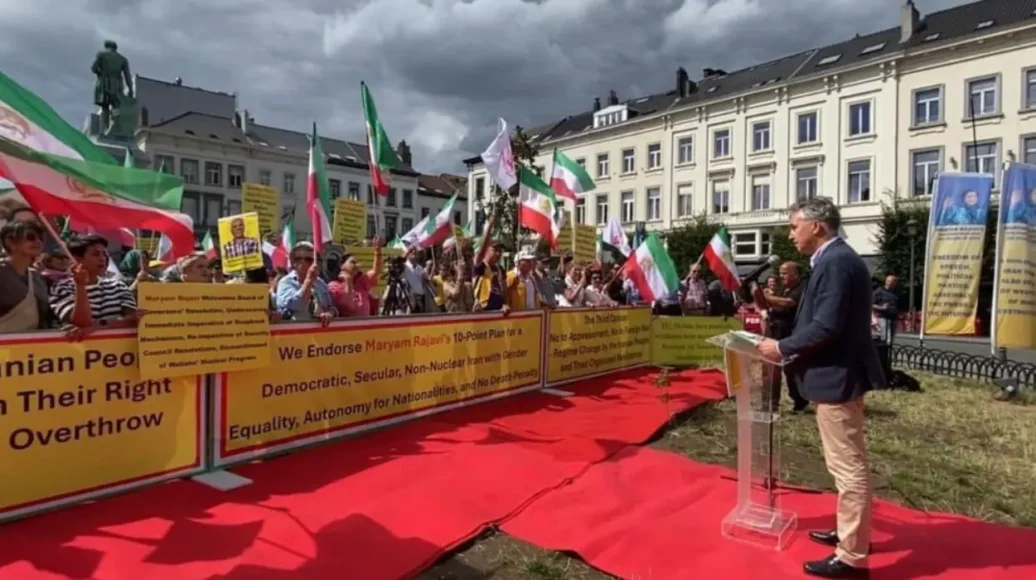

Leave a Reply